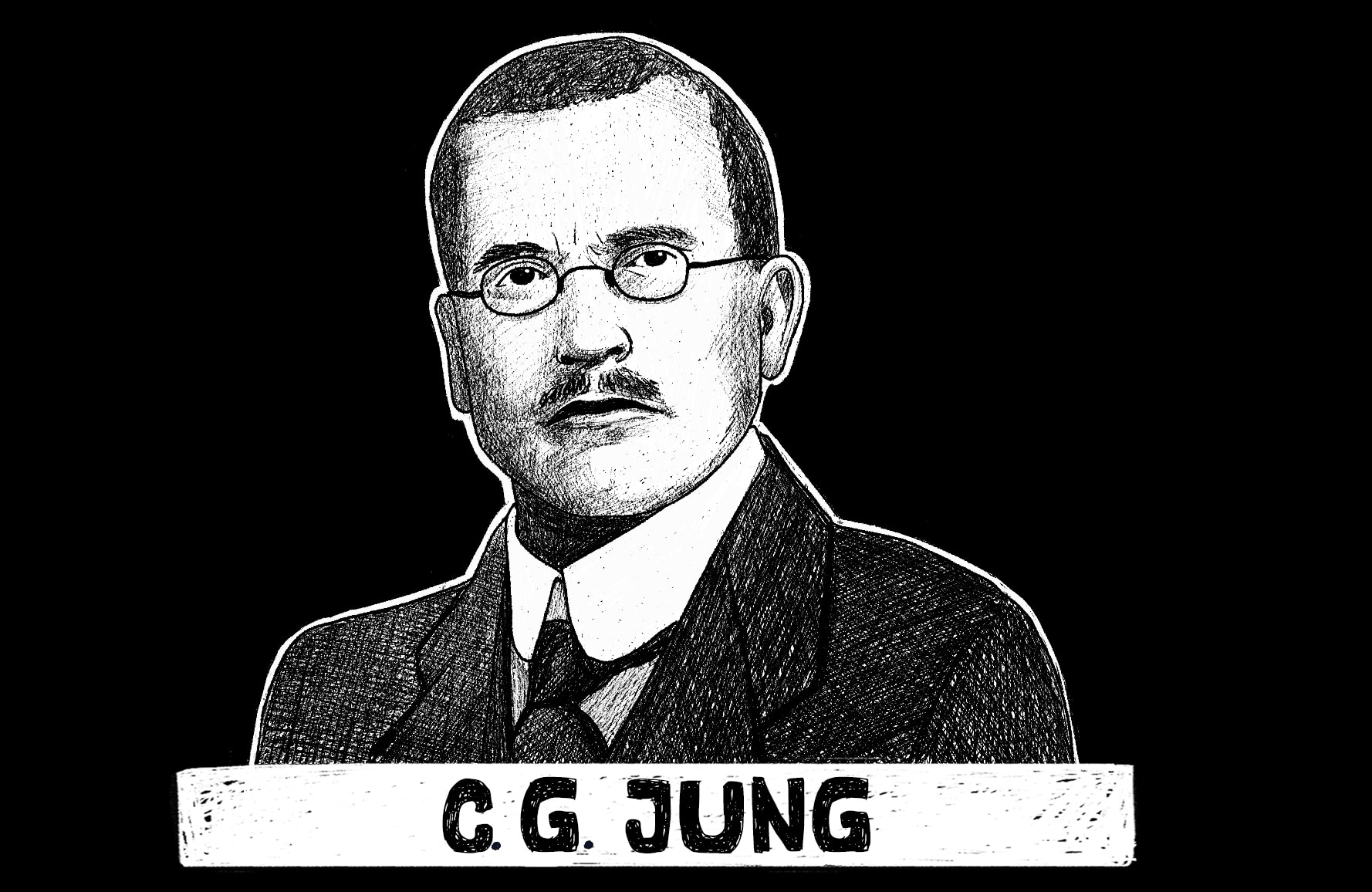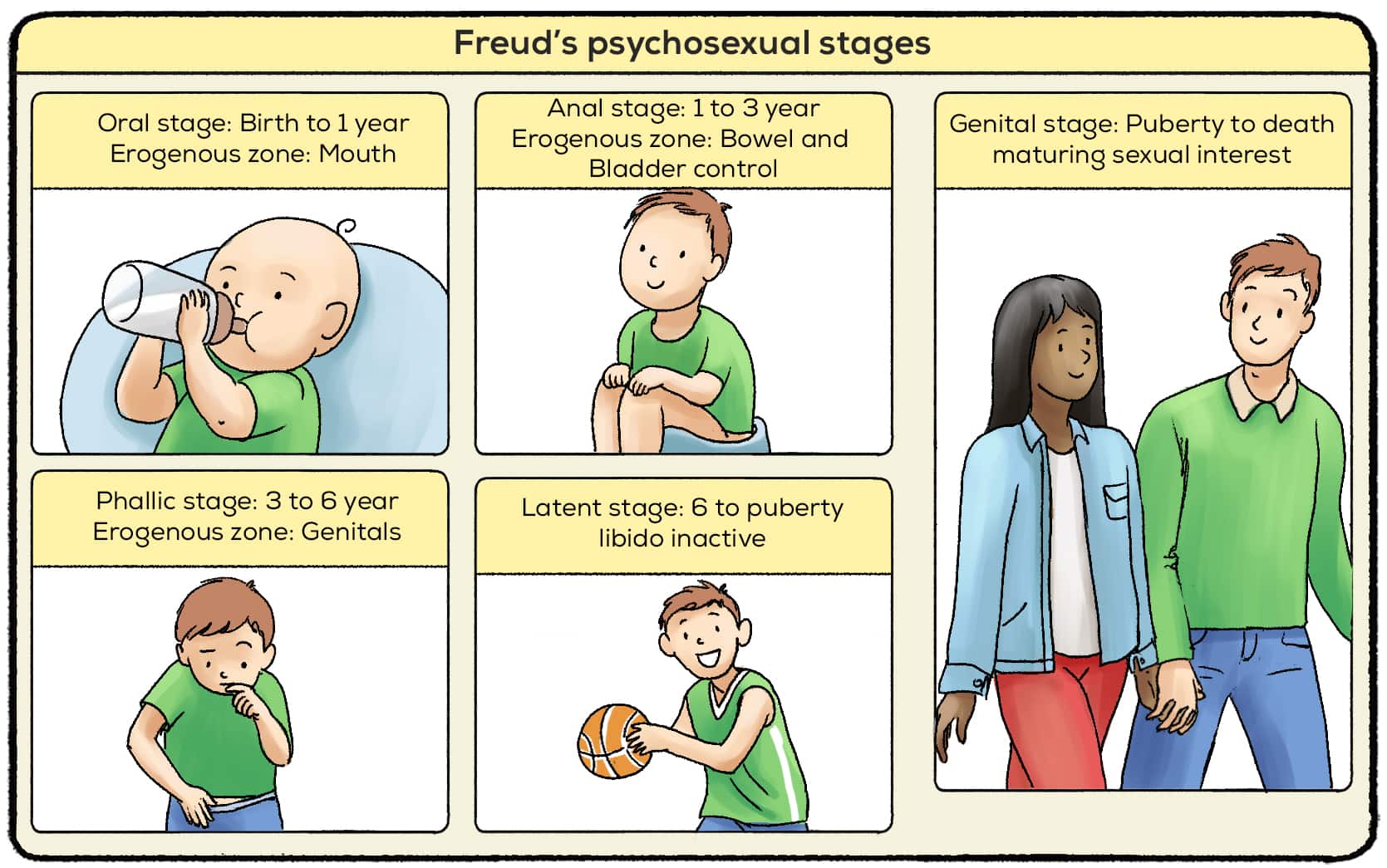If you have studied the work of Sigmund Freud, you are probably familiar with an idea known as the “Oedipal Complex.” But do you know about the Electra Complex?
The Oedipal Complex is very famous, but makes many uncomfortable. It suggests that around the age of 3-6, young boys start to want to replace their father and have sexual desires about their mother. This stage helps the boy establish his gender identity, explore sexuality, and sets himself up for how he will approach romantic relationships as an adult.
There is one glaring error with this theory. Although Freud’s stages of psychosexual development applies to all human children, the Oedipal Complex leaves out half of the entire population. (More than half, if you consider intersex children.) The Electra Complex is the answer to this theory.
What Is The Electra Complex?
Like the Oedipal Complex, the Electra Complex involves a sexual desire for one parent and a jealous rage of the other. According to Carl Jung, young girls developed a desire for possession of their father, and therefore, a rage against their mother.
While many people associate the Electra Complex with Sigmund Freud, it was actually Carl Jung who coined the term in 1913. Jung and Freud worked closely together for many years.

Jung believed that the Electra Complex was the female version of the Oedipal Complex. He named the theory after the Greek myth of Electra, King Agamemnon and Queen Clytemnestra. After the King was murdered by Queen Clytemnestra, Electra plotted with her brother to murder her mother and her mother’s lover.
Electra Complex Age
This complex develops at the same time as the Oedipal complex: during the phallic stage of psychosexual development. Between the ages of 3-6, the erogenous zone moves from the anus to the genitals, and this new exploration begins.
Freud and Jung
It is easy for early psychoanalysts to say, “A boy wants his mother, a girl wants her father, and that’s that.” But Freud knew that sexuality wasn’t so simple. After all, how does the Oedipus and Electra complex come into play when a child is gay, lesbian, bisexual, pansexual, or asexual? How do you account for the fact that the mother (in Freud’s days) was always the primary caretaker of the child throughout the first three years of their life? Mothers breastfeed both their baby boys and girls. So why did young girls fall in love with their not-as-present fathers?
Within a few years of Carl Jung’s introduction of the Electra Complex, it was denounced by Freud. In 1920, he said, “I do not see any advance or gain in the introduction of the term ‘Electra Complex, and do not advocate its use.” A few years later, Freud reasserted that both boys and girls primarily “lusted” after their mother. The symptoms of Electra Complex in adults, Freud believed, were the same symptoms as the Oedipal complex: relationship troubles, fixations, etc.
Freud’s Beliefs and Penis Envy
Freud did believe that there was a big difference in the way that boys and girls developed. One of these big differences involve penis envy.
To Freud, the Oedipal Complex was not just about the desire to have sex with your parent. It’s also about discovering and identifying your gender identity. It’s at this stage when girls and boys discover the presence of a penis or vagina. Or, as Freud would most likely put it, the presence or absence of the penis.
During the phallic stage, Freud believed that the female child recognizes that while her father has a penis, she does not. This leads to a feeling of “penis envy,” which further fuels the conflict.

How is the Electra Complex Resolved?
So the ages of 3-6, including the frustration of wanting to replace the mother and have a penis, are a pivotal time in a child’s life. But it’s just a stage. If the child manages to resolve their conflicts during this stage, they can go on and live a happy life. Freud believed that by accepting her gender role, copying the mother’s feminine behaviors, and developing a superego, the conflict would be resolved. The superego would play a significant role in attempting to adhere to the rules of society, including the “rules” for womanhood and femininity.
If a child did not resolve the conflicts that occurred during this stage, they would have problems later in life. These problems may include relationship problems, neurosis, or fixations.
Freud believed that there was more emotion involved in the female Oedipal complex than in the male Oedipal complex. He believed that girls had more to repress. This is why, according to Freud, women took the more subservient role in society. They were simply repressing more of the rage, envy, and desire that had developed when they were young.
For those of you wondering, this is such an interesting phenomenon that we've actually had to cover a whole article on why some girls call their boyfriends "daddy" due to the massive amount of people wondering why this happens.
Is The Electra Complex Real? Critiques of Oedipal and Electra Complex
Ironically enough, Freud and Jung went their separate ways because Jung felt that Freud focused too heavily on the role that sexuality played in a child’s development.
Sexuality and gender identity remain at the center of most critiques of Freud’s work. Freud knew himself that he was not as well-versed on the sexuality of women as he was of men. His ideas of this conflict were clearly developed with the society he lived in. Women were considered second-class citizens at the time. Freud outright believed that women were inferior. Gender roles in society were also much different than they are now.
Although many psychologists still share and teach Freud’s work, it is not largely accepted. Talk therapy has, in general, moved from Freud’s methods to cognitive behavioral therapy (CBT.) But this does not mean that the Oedipus Complex and Electra Complex must be forgotten. Understanding the popular theories of the past gives us a better understanding of how we developed the theories we have today.
